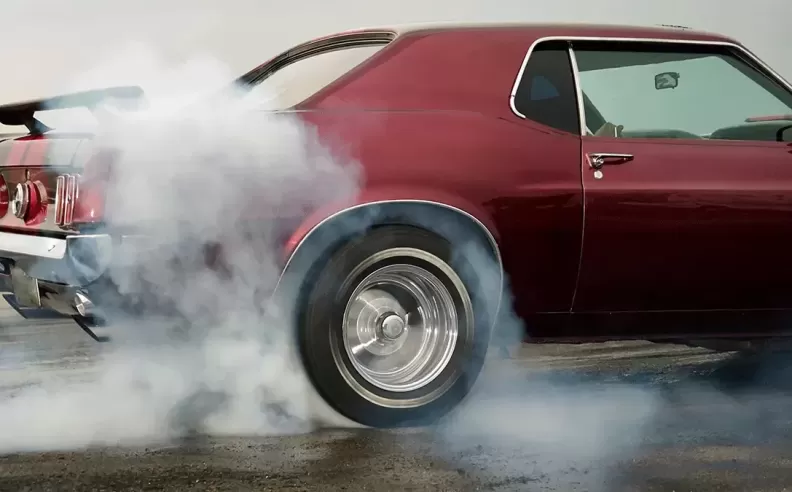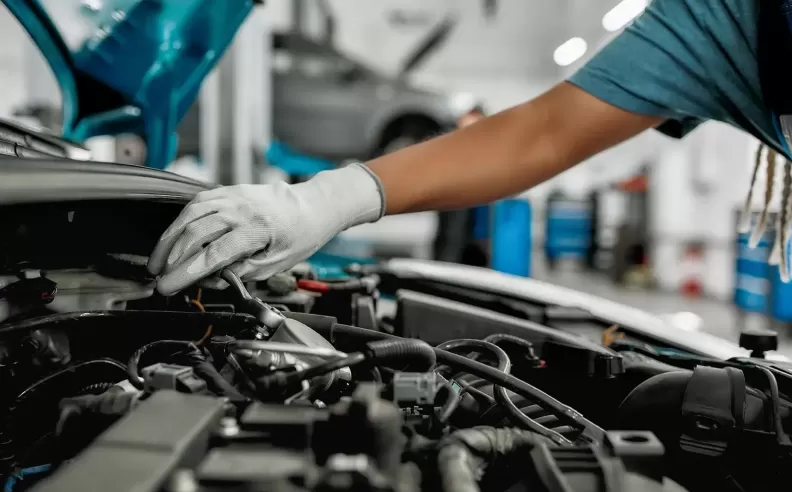
In Saudi Arabia's harsh climate, where temperatures soar and engines are constantly put to the test, even the smallest car part can play a huge role in performance. One of the most critical yet often overlooked components is the engine gasket. It may be a thin layer hidden between parts, but once it fails, the entire engine can be at risk. This article highlights the function of this essential part, what happens when it goes bad, and how drivers in Saudi Arabia can avoid costly damage.
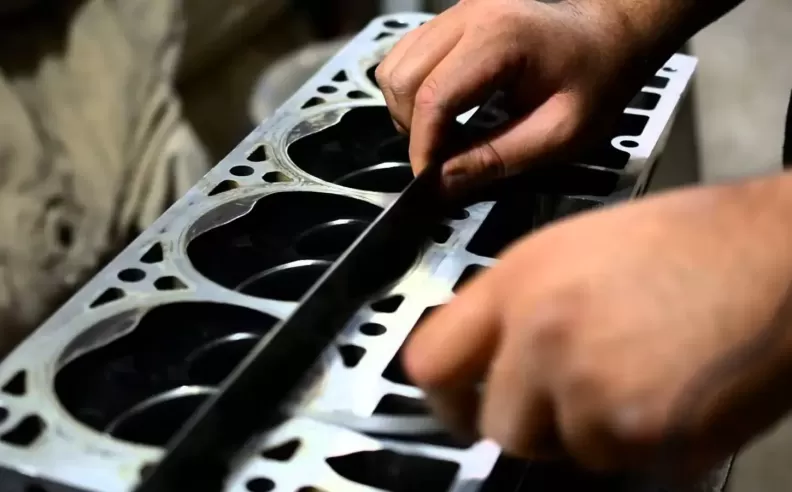
The engine gasket acts as a tight seal between the cylinder head and the engine block. Its job is to keep coolant, oil, and combustion gases separated, preventing leaks that can ruin engine performance. In Saudi Arabia, where engines are exposed to high heat and heavy use, this seal becomes even more important. Without it, fluids can mix and pressure can escape, causing overheating and mechanical failure.
There are different types of gaskets found in cars across the Kingdom. Copper gaskets are popular in performance vehicles because of their resistance to extreme heat. Older economy cars may use fiber gaskets, while modern vehicles rely on multi layer steel (MLS) gaskets for durability. No matter the type, all of them serve one purpose: keeping the engine running smoothly and efficiently.
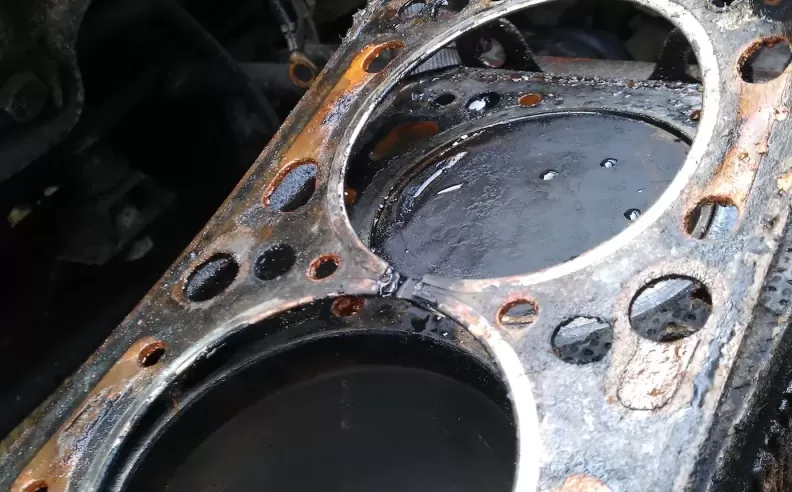
Drivers in Saudi Arabia should be alert for symptoms of a failing engine gasket. Common signs include unexpected engine overheating, white smoke from the exhaust, and a milky look on the oil cap (a sign that oil and coolant are mixing). In some cases, you might even see fluid leaks around the engine. These signs should never be ignored.
The main causes of gasket failure in Saudi vehicles include overheating due to poor cooling system maintenance, using non original coolants, and incorrect installation after engine work. In older engines, wear and tear over time can also degrade the gasket. If left untreated, a blown gasket can lead to serious damage like cracked engine heads, requiring major repairs.
Fixing a gasket issue in Saudi Arabia typically costs anywhere from 300 to 2000 SAR, depending on the car model and the extent of the damage. Luxury or performance vehicles may cost more, especially if additional parts like the cylinder head or valves are damaged.
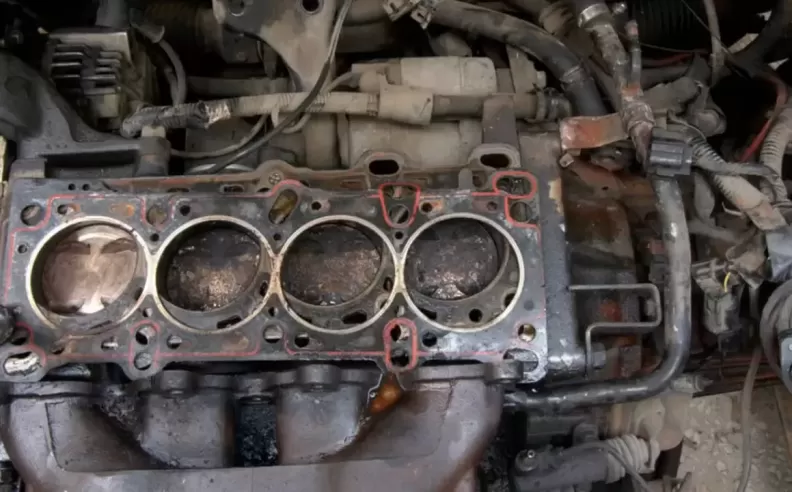
To protect your car’s engine from gasket failure, regular maintenance is key. Always monitor coolant levels, especially during summer months. Use only fluids and oils approved by the manufacturer to avoid chemical reactions that could damage engine components.
It’s also important to act fast if you notice white smoke, rising engine temperature, or fluid leaks. Never continue driving a car that shows these warning signs. Instead, take it to a trusted mechanic for a diagnosis. When replacing a gasket, make sure the surfaces are properly cleaned, the bolts are torqued to factory specs, and all sealing components are new. This ensures a tight, long lasting seal.
In Saudi Arabia, where engines often work harder than in other regions, proper installation and heat-resistant materials are essential for gasket longevity.

Started my career in Automotive Journalism in 2015. Even though I'm a pharmacist, hanging around cars all the time has created a passion for the automotive industry since day 1.
